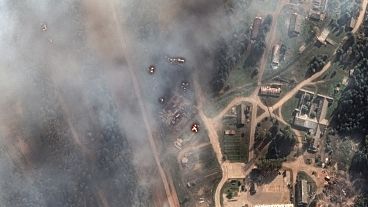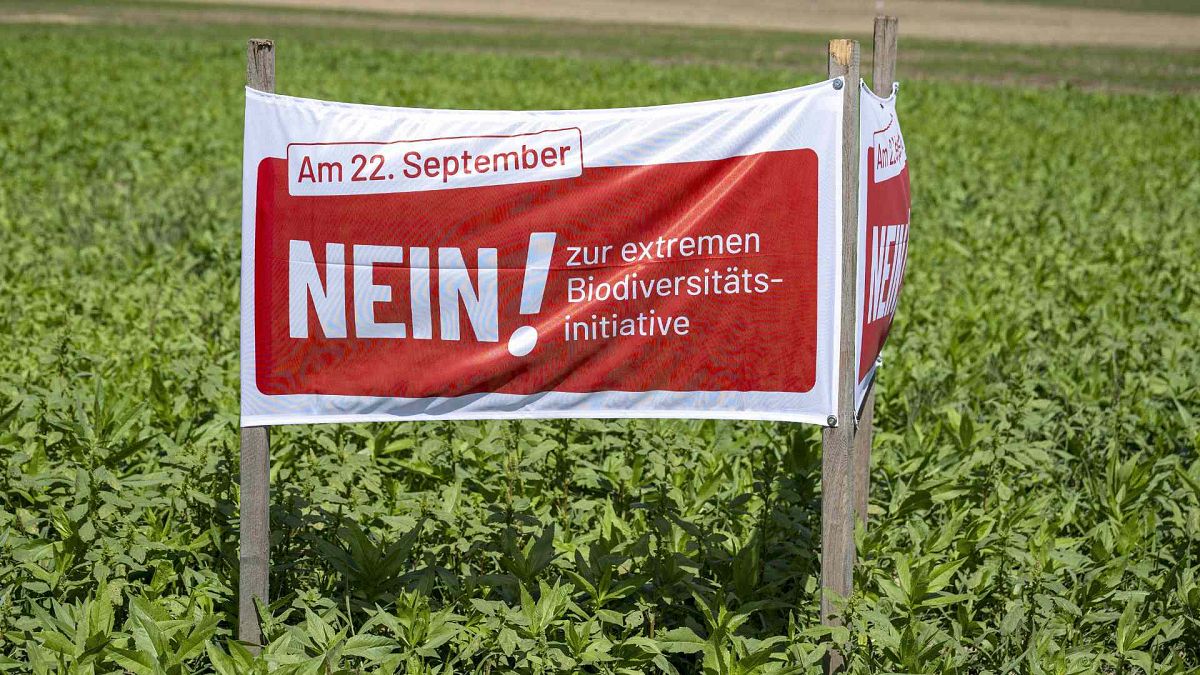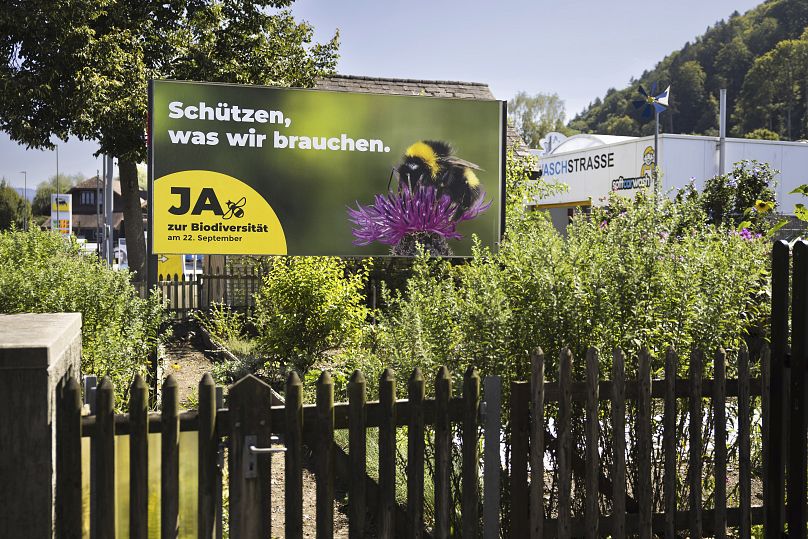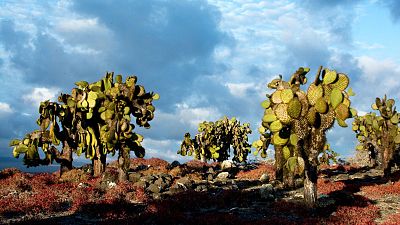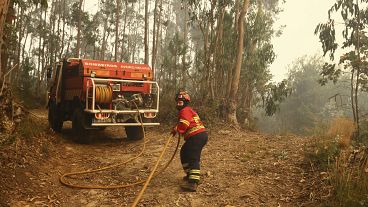In this weekend's referendum, 63 per cent of voters said no to more money for the wild and wildlife.
Switzerland, known for its pristine lakes and majestic mountains, ranks among the world's richest countries. Despite this, its plant and animal life is under huge threat - the country is one of the worst four affected of the OECD rich countries.
Environmentalists sought to change this by funding farmers to set aside land and waterways to let the wild develop more and creating more green spaces.
But the funds would have come from the public purse and so the public got to decide if the funds would be made available or not. They voted against.
More than 63 per cent of voters rejected the initiative in the referendum which ended on Sunday.
The voting was part of the latest Swiss referendums, which take place four times a year to give voters a direct say in policymaking in the country of around nine million people. The only other nationwide issue up for consideration this time was a pension reform plan backed by the government. More than two-thirds of voters turned down the pension reform plan, the final results showed.
What would the plans have cost and who voted against?
The federal government - parliament and the executive branch - opposed the plan, as did many rural voters and the country's main right-wing party, according to polls.
They called it too costly, saying 600 million Swiss francs (€635 million) is already spent on biodiversity protection each year. They feared the economy would suffer.
The plans were estimated to cost at least another 400 million francs (€423 million) for national and local governments, the Federal Council estimates.
The initiative would also, for example, prohibit the building of new railway lines through protected dry meadows - even if such meadow is set aside and developed elsewhere, it says.
“Passage of the biodiversity initiative would severely limit (sustainable) energy and food production, restrict the use of forests and rural areas for tourism, and make construction more expensive,” argued the campaign for a “no” vote on its website. “YES to biodiversity, but NO to the extreme biodiversity initiative.”
Proponents, meanwhile, pointed to dwindling natural resources in Switzerland and threats to bees, frogs, birds, mosses and other wildlife. They argued that protected green spaces are “the main capital for tourism” and more of them would support local economies.
“Diversified nature guarantees air purity, drinkable water, pollination, fertility of the soil, and our food supply,” said a committee that backed the idea.
“But in Switzerland, biodiversity is suffering. One-third of all our plant and animal species are threatened or have already disappeared.”
Switzerland's biodiversity is in trouble
Factors behind the weakening biodiversity in the country of rivers, lakes, valleys and mountains include intensified agriculture, soil alteration, a fragmentation of the landscape - such as the building of roads and housing that cut through wildlife habitats - and pollution and climate change, proponents of the measure said.
The Organization for Economic Cooperation and Development (OECD), a think tank that counts 38 mostly rich countries as members, has produced a comparative look at threats to plant and animal life. Switzerland ranks among the top four countries with the highest rates of threatened species in all eight categories of wildlife.



